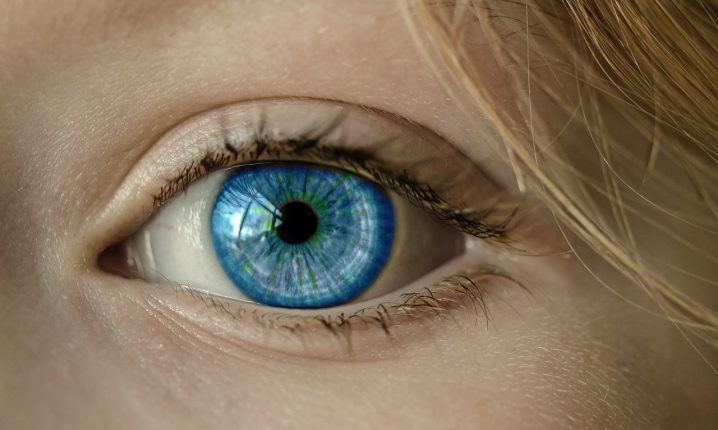If you’re thinking about having Lasik Surgery in New Jersey but want to know more about it then continue reading our comprehensive guide to Lasik eye surgery.
What is Lasik?
If you currently wear glasses or contact lenses you may have thought about having surgery such as Lasik to correct your vision. With Lasik surgery, the cornea is reshaped using a laser and this modifies the way that your eye focuses light on to the retina.

The eye in detail
In order for us to see things clearly, the lens and the cornea need to bend light rays so that they focus on our retina. The job of the retina is to then change these light rays into impulses. These impulses are then sent on to the brain and the brain then converts these impulses into images. When light rays do not correctly focus onto the retina, the images that we see become blurry and this is known as a refractive error. Glasses, contact lenses and surgery aim to modify this error by helping light rays to focus on the retina. When a lens, cornea or eyeball is not correctly shaped, a refractive error occurs. Below are some examples of refractive errors:
Astigmatism
Refers to images that are blurred irrespective of whether they are near or far away.
Myopia
In this case, only objects that are close are clear. Myopia is also known as near-sightedness.
Hyperopia
In this case, only objects that are far away are clear. Hyperopia is also known as farsightedness.
Presbyopia
This is the term for an eye that is ageing and usually occurs when a person is between 40 and 50 years of age. With presbyopia, a person finds it difficult to see things that are close up and this can be corrected using reading glasses or bifocals.
Lasik suitability
In order to be suitable to have Lasik surgery:
- Your eyes need to be healthy and your prescription needs to be stable. For example, if you have myopia you need to wait until you are in your mid to late 20s as your vision will not yet be stable.
- You can’t be pregnant or breast-feeding as the eyes change during this period.
- You can’t be taking certain prescription drugs such as prednisone.
Before, during and after Lasik surgery
Before surgery
If you wear contact lenses you need to stop wearing them for at least two weeks before you have Lasik surgery, as contact lenses can temporarily alter the shape of your eye. Your doctor will dilate your pupils so that he can get an accurate reading of your prescription. Your eyes will be checked to make sure that they are healthy and the following measurements will be taken:
- The curvature of your pupils and the cornea.
- The thickness of the cornea.
- The structure of the eye to make sure that you don’t have a cornea that is cone-shaped or have astigmatism that is irregular.
During Surgery
Lasik surgery only takes around 10-15 minutes per eye and it is an outpatient procedure. An anaesthetic drop is used to numb the surface of the eye(s). To prevent the eye from moving and to keep the cornea in the correct position, a suction ring is placed on the eye. A flap is created from the corneal tissue and this is hinged out of the way. A laser now reshapes the cornea and when completed, the eye surgeon places the flap back in position. To protect the flap, a shield is placed over the eye. The shield is either made from perforated metal or clear plastic. No stitches are required.
After Surgery
The healing process is fairly quick and you may only need a few days away from work following the surgery. After Lasik surgery, your vision is likely to be blurry but should feel a lot better the next day.
After the surgery, you may feel a burning sensation and it is important to not rub the eye. If you need painkillers to help with any discomfort your doctor will be able to prescribe these.
For two weeks after the surgery, you will need to avoid swimming and hot tubs. You will also need to avoid contact sports for four weeks after having Lasik surgery.



